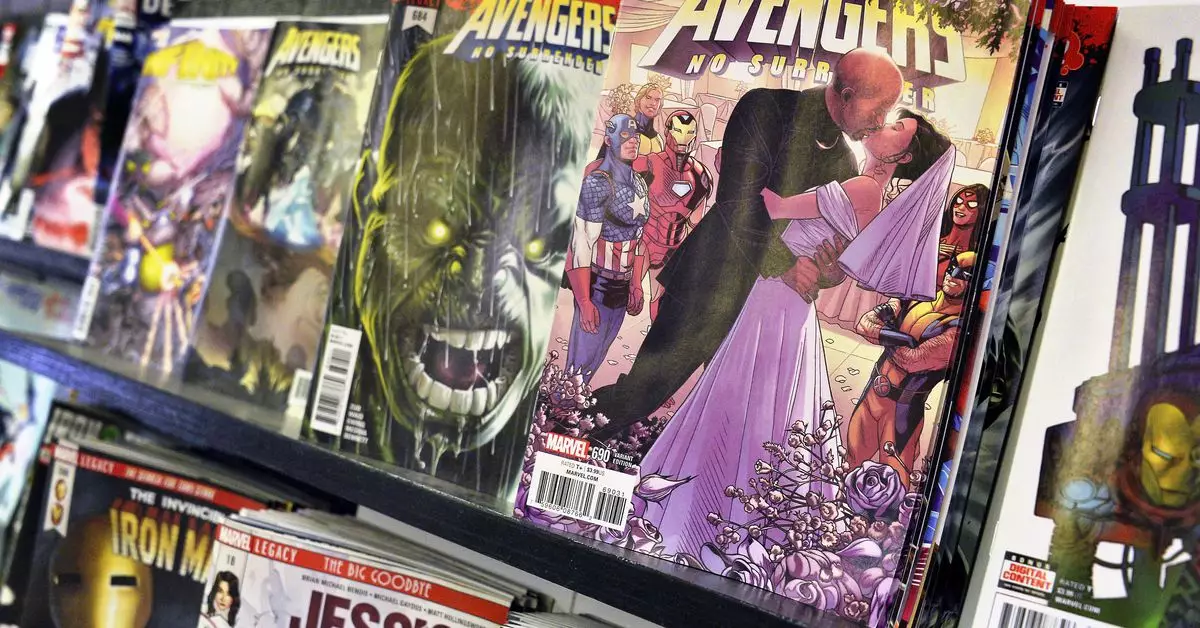For decades, Marvel and DC Comics have been the titans of the superhero genre, not only in storytelling but also in their legal holds over the term “Super Hero.” However, recent developments from the US Patent and Trademark Office (USPTO) herald a significant shift in this longstanding dynamic. The office has announced the cancellation of several trademarks held by these comic giants, responding to a challenge posed by a lesser-known entity, Superbabies Limited. This decision marks a pivotal moment that could reshape the landscape of intellectual property in the comic book industry.
The catalyst for this radical change was a dispute instigated by Superbabies Limited, creators of a unique comic line centered on superhero babies. The founder, S.J. Richold, took a courageous step by challenging Marvel and DC after they allegedly attempted to stifle promotional efforts for “The Super Babies.” This kind of showdown between an independent creator and industry powerhouses is not only remarkable but also indicative of the challenges faced by smaller entities in a predominantly corporate environment. This legal battle exemplifies the struggle for ownership and recognition in a space often dominated by larger players.
The crux of the USPTO’s decision can be traced back to a crucial deadline. Marvel and DC had until July 24th, 2024, to respond to the challenge posed by Richold and his legal team, but they failed to do so. This inaction enabled the cancellation of four key trademarks, including the oldest registered trademark, “SUPER HERO,” dating back to 1967. Interestingly, while the cancellation creates a notable gap in the two companies’ trademark arsenal, they still retain joint ownership over “SUPER HEROES,” registered in 2018, and “SUPER-VILLAIN,” which was secured in 1985.
The implications of the USPTO’s ruling extend beyond mere trademark ownership. It raises questions about how power is exercised in the comic book industry and whether larger companies are becoming too complacent in their dominance. Furthermore, the legalities surrounding intellectual property in comic narratives continue to be complex and often contentious, with cases like Richold’s underscoring the need for scrutiny over existing systems that can appear more beneficial to established corporations than to innovative creators.
As the comic book industry navigates this unprecedented change, there has been a ripple of interest among legal professionals and fans alike. Notably, attorney Adam Adler, involved in the Superbabies case, has written a detailed series exploring how Marvel and DC’s joint ownership of these trademarks evolved and persisted over the years. This case serves as a critical lesson for both established corporations and aspiring creators: understanding intellectual property is essential in a field as dynamic as comic book storytelling.
In a time when creativity often wrestles against corporate interests, the outcome of this trademark tussle is a reminder that even the smallest players can challenge the status quo, potentially laying the groundwork for a more equitable environment in the realm of intellectual property.


Leave a Reply
You must be logged in to post a comment.